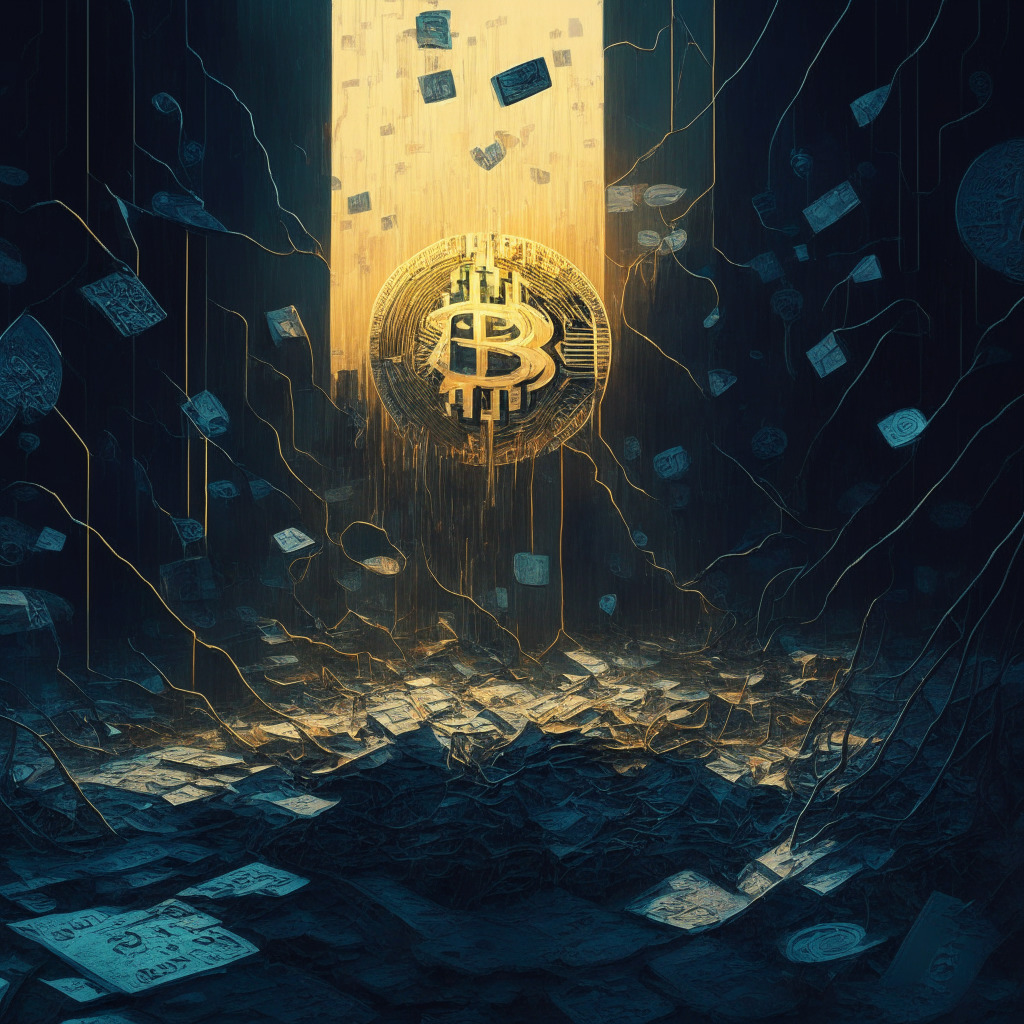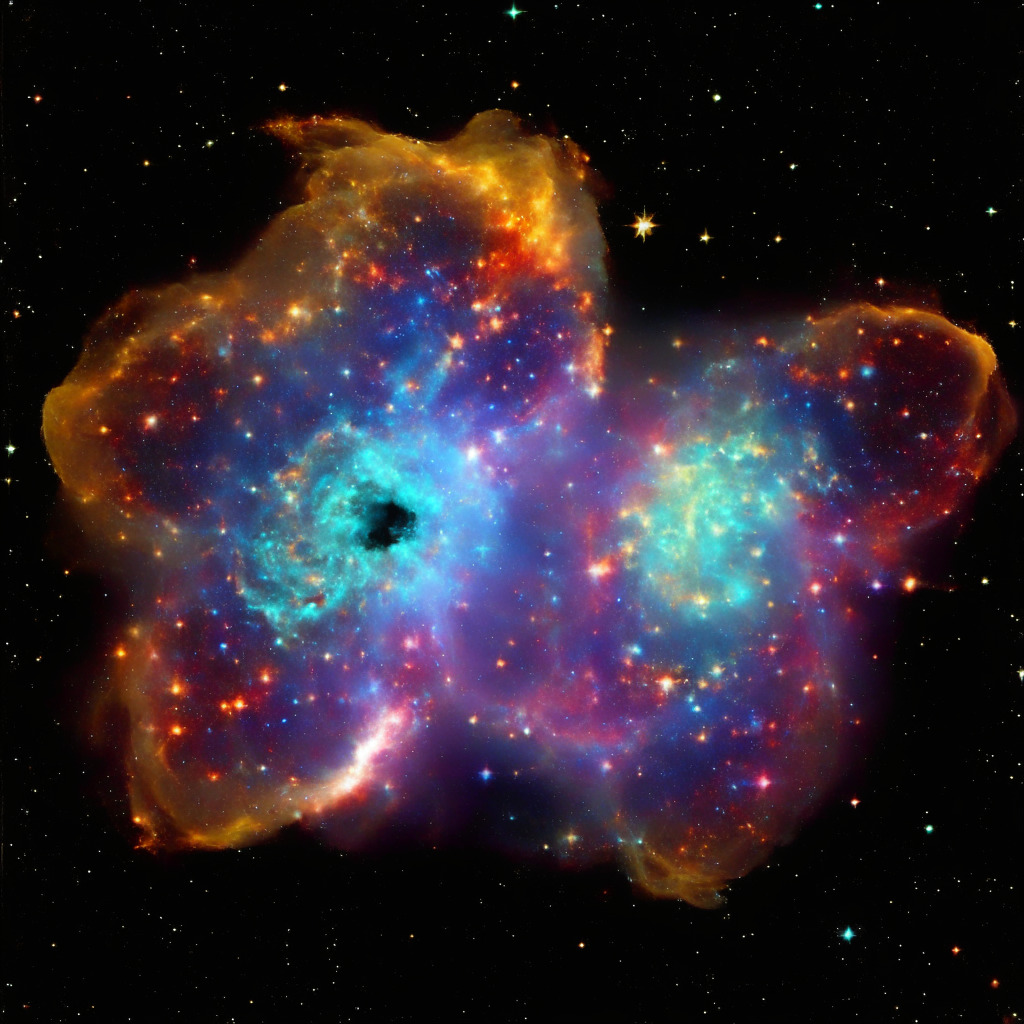The Bitcoin community on Twitter was alarmed on Sunday as they observed high transaction fees and a backlog of transactions, leading some to perceive an attack on the cryptocurrency. Over 469,000 transactions are waiting to be confirmed in Bitcoin’s mempool as of this writing. Before transactions are added to Bitcoin’s blockchain, they are sent to the network’s mempool and wait to be selected by a Bitcoin miner for inclusion in the next block. With high-priority transactions commanding a rate of 654 sat/vB, or approximately $26, the network seems significantly congested.
Some users speculate that this apparent congestion is not an accident but rather a purposeful attack intended to make Bitcoin less accessible to smaller players. Such concerns found resonance with some proponents like Dylan LeClair, who suggested that driving up costs in the short-term would have minimal impact on Bitcoin over the long run. Alternatively, others argue that this so-called “attack” on Bitcoin primarily benefits miners, who profit from higher transaction fees during times of congestion.
The focus of attention is on Ordinals, a protocol used for minting NFT-like assets on a Bitcoin blockchain. The recent surge in Bitcoin-based digital assets, called inscriptions, has significantly increased—going from 2.5 million just last week to over 4.3 million on Sunday. This uptick is partly attributed to the rising popularity of BRC-20 tokens, which were initially developed as an experiment in March. Select exchanges, such as UniSat Wallet, have enabled trading of these tokens, which resemble ERC-20 tokens on Ethereum.
On Sunday, UniSat Wallet reported more than $9.3 million worth of inscriptions trading volume, corresponding to roughly 7,500 transactions. While the crypto community debated the connection between Ordinals and Bitcoin transaction fees, the coin’s value remained relatively stable, experiencing only a negligible 0.1% drop.
In response to concerns about Bitcoin being under attack or negatively impacted by Ordinals, Kashif Raza countered these claims by highlighting that the taproot upgrade, which enabled Ordinals, is part of Bitcoin’s characteristics as a free market. Developers utilizing innovations offered by Bitcoin’s technology should be viewed as exploring new possibilities instead of undermining the platform. It seems that for now, any impacts on the network due to surges in transaction fees or backlogs may be short-lived but warrant monitoring.
Source: Decrypt




